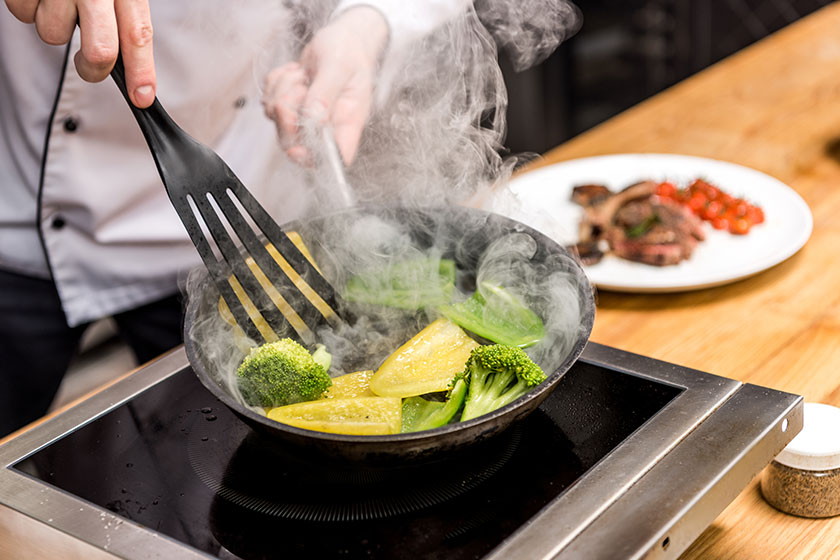There’s nothing like a good meal to bring people together. But what happens if your loved one gets food poisoning? Suddenly, the fun can turn into an ordeal. However, if you know how to prevent it, you can avoid this situation and save yourself some stress (and money). Assisted care living in Florida Ridge, FL, can help with this problem and keep residents safe from harmful bacteria and viruses by providing them with meals prepared by trained chefs who follow strict guidelines and regulations. Here are some tips on how assisted-care living communities can help prevent food poisoning:
Store Food Properly
One of the best ways to prevent food poisoning is to store your food correctly. Many Assisted Care communities to have guidelines on how to store food safely, such as keeping raw meat away from vegetables and other ready-to-eat foods. If you’re unsure how to store items in your refrigerator or freezer properly, ask an employee for help! Many assisted care communities to have a system in place for storing food and keeping it at proper temperatures. This means that if you’re going in for a meal, you can be sure your food will be safe from bacteria and other contaminants. It also helps ensure that the food tastes good!
Wash Hands With Soap And Water Before Handling Food
Washing hands with soap and water is the easiest way to prevent food poisoning. In assisted living communities, this can be done in multiple ways.
Some Assisted Care communities have running water in each resident’s room and bathroom, so they can wash their hands whenever needed. Other Assisted Care communities have a centralized sink for all residents to use before eating or handling food items that germs might contaminate their hands. If you live in an Assisted Care community without running water in your apartment, communal sinks may also be available for everyone else who lives there.
Use Clean Equipment To Prepare Food
It’s essential to use clean equipment when preparing food. You might not think about this when you’re at home because your kitchen is your own personal space, and you don’t have many visitors who could contaminate it. But in assisted care communities, kitchens are communal spaces used by many residents and staff members daily. Food prep areas can quickly become dirty if they aren’t adequately sanitized after each use. These things must be carefully cleaned after each usage to prevent illness from spreading across the community.
Assisted care communities take this one step further by providing residents with only the safest kitchen utensils and appliances: microwaves that have been tested for radiation leakage, blenders with rubber seals around their bases (to prevent leaks), stoves that are vented properly so gas doesn’t accumulate inside them (which can cause explosions), refrigerators that are sealed tightly enough not to let any contaminants into the air space above food items stored there-and more!
Cook Foods To Proper Temperatures
When you’re cooking, it’s important to ensure your food is cooked all the way through. The Centers for Disease Control and Prevention (CDC) recommends that meat be cooked to an internal temperature of 145 F, poultry be cooked to 165 F, and seafood is safe when it reaches a temperature of 145 F or higher. Residents are taught to safely handle their food and ensure it’s appropriately cooked before eating. They also learn about the symptoms of food poisoning and when they should seek medical attention if they feel ill after eating something.
Conclusion
These tips will help prevent food poisoning and keep your loved one safe. If you have questions about how to care for your senior with Alzheimer’s, contact us today!







